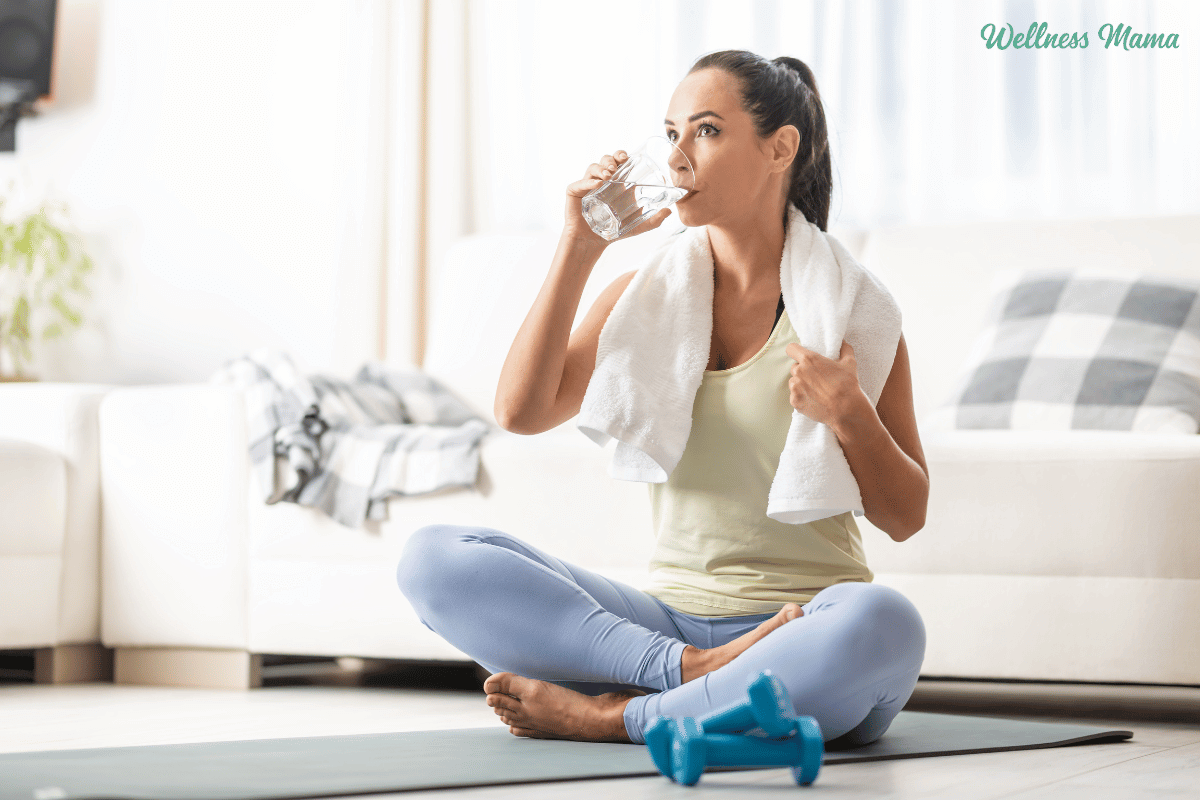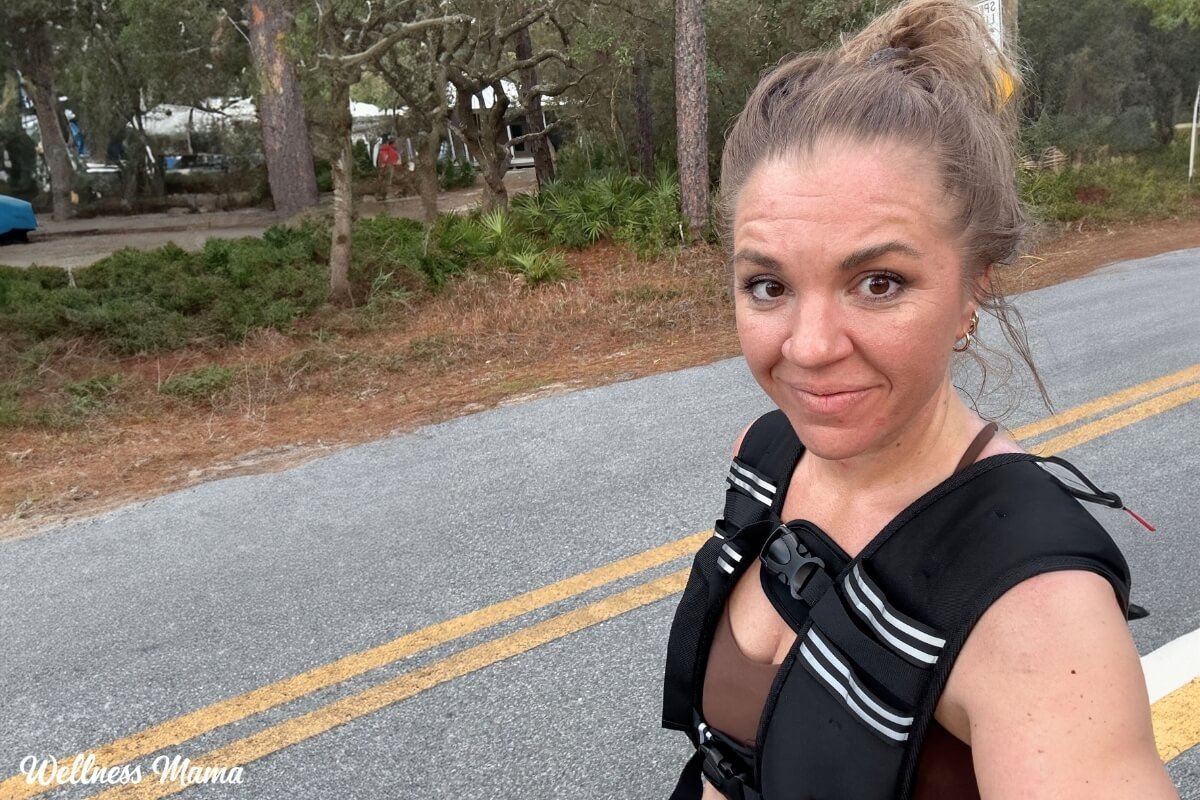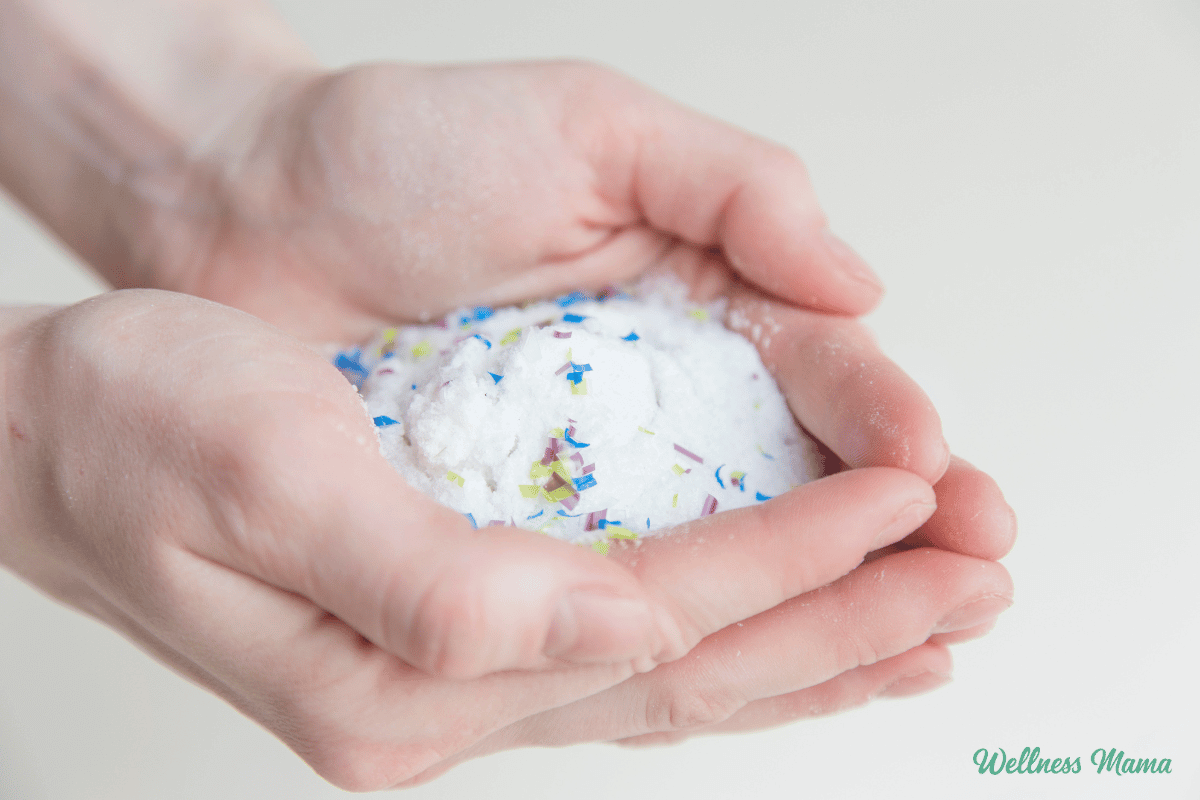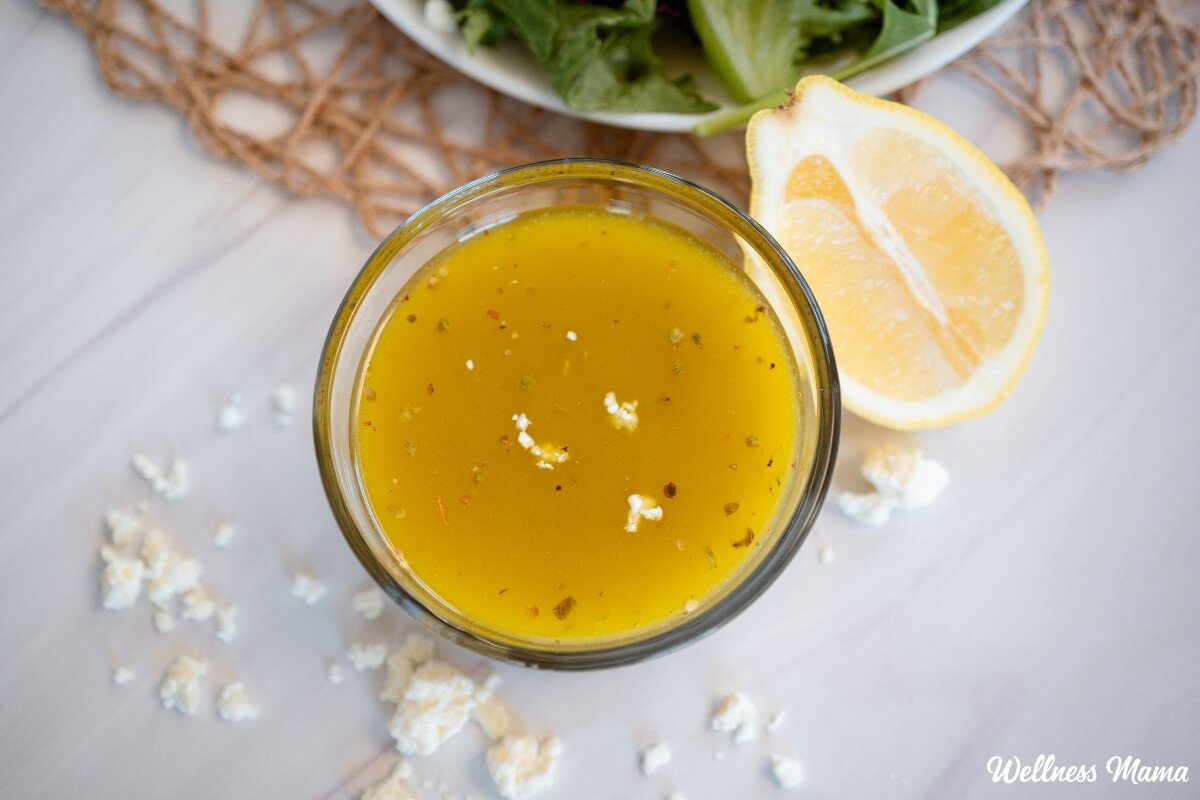After more than a decade of exploring wellness, I’ve come to understand that health doesn’t follow a "one-size-fits-all" principle. Each individual has distinct requirements. This means it’s crucial to explore what benefits our bodies and what doesn’t.
Take my journey, for instance; I managed my Hashimoto’s and shed some pounds by implementing changes that suited me. But these same strategies may not work for others. That’s why I refrain from prescribing specific supplements or sharing my daily routine. Everyone’s unique, and what works for me might not be the best solution for someone else.
Each of us has the duty to seek out our own best health practices. An excellent way to start is by using a Minimum Effective Dose (MED) method for health and wellness. This involves applying the smallest dose necessary to achieve the maximum desired outcome.
What is the Minimum Effective Dose Approach?
Adopting a MED approach to well-being can help ease the transition to healthier habits, making it less daunting and therefore more sustainable. It’s a solid beginning for initiating significant changes.
The essence of this concept lies in finding the minimal amount needed to bring about the greatest change. This applies across nutrition, fitness, and wellness. Often, more isn’t always better!
As highlighted in Tim Ferriss’s book "The 4-Hour Body," here’s a simple way to view it: Water boils at 212 degrees F. This is the MED. Increasing the temperature further won’t make the water "more boiled," so it wastes energy.
According to Ferriss, two critical MEDs concerning fitness and health are:
- To burn stored fat, perform the minimum needed to trigger a hormone response inducing fat loss.
- To build muscle, do the least required to activate local and systemic growth processes.
Though a one-size-fits-all solution doesn’t exist, some health strategies universally benefit everyone. Building health by mastering the basics creates momentum, allowing us to tailor our habits to find the most effective ones for us.
Seven Common Health Strategies for the Minimum Effective Doses
1. Simple Eating Habits
When it comes to nutrition, I keep it uncomplicated by focusing on whole foods. Michael Pollan’s advice resonates: "Eat real food. Not too much. Mostly plants."
With so many diet options available, choosing a path can be overwhelming. The ideal diet is individual-specific and influenced by numerous factors. Beyond weight loss, diets aid in hormone balance and blood sugar control, resulting in increased energy and better sleep. It’s also vital to avoid foods you’re sensitive to or allergic to for optimal health.
For instance, I avoid green beans due to an IgE response, while others may need to steer clear of nightshades due to intolerance.
A practical approach to nutrition involves maintaining a manageable plan. Statistics show that excessive dieting can be detrimental to health and leads to abandoning the regimen. A less stringent plan you can adhere to is better than a stringent one you’ll soon forsake.
Nutrition Minimum Effective Dose
- Eliminate processed foods and cut out sugar from your diet.
- Avoid consuming calories through drinks (soda, diet soda, juice).
- Ensure adequate protein intake, especially in the morning, aiming for 1-2 grams of protein per pound of ideal body weight.
- Include a diversity of vegetables at each meal, opting for organic when possible.
- Engage in fasting or intermittent fasting weekly.
- Optimize vitamin D levels.
- Take a spore-based probiotic daily.
- Batch cook to simplify meal preparation.
2. Sleep
The significance of sleep is widely recognized among health professionals. Rarely does anyone suggest that health improves with less sleep or poor sleep practices. Some experts even argue that sleep trumps diet and exercise in importance. Adequate sleep is a universal need.
Personally, tracking my sleep with an Oura ring has helped me see how various changes impact my sleep quality. It became clear that getting to bed by 10:30 significantly affects my deep sleep and REM cycles, while alcohol consumption decreases them.
Sleep Minimum Effective Dose
- Sleep in complete darkness.
- Set nighttime temperature to 60-67 degrees, which is often optimal.
- Practice the 4-7-8 breathing method: inhale for 4 counts, hold for 7 counts, exhale for 8 counts.
- Skip caffeine in the afternoon.
- Consider magnesium for improved sleep. Options include magnesium spray, Epsom salt baths, or supplements.
- Avoid artificial lighting after dark. Use orange light bulbs and blue light blockers if screens can’t be avoided.
- Elevate your legs before bed, either by placing them at a 90-degree angle on a chair or straight up against a wall.
- Consider a weighted blanket if you struggle with sleep.
- Aim for 5-10 minutes of morning sunlight exposure. This aligns your circadian rhythm for better nighttime sleep.
3. Hydration
Our bodies are composed of roughly 60% water, highlighting hydration’s essential role. Proper hydration boosts energy, enhances skin appearance, promotes fullness, and filters out waste.
Our internal fluids resemble salt water more than pure water. It’s vital to maintain mineral balance while hydrating to avoid imbalance. Increasing mineral intake alongside water helps absorption and prevents overhydration.
Adding a teaspoon of salt to 32 ounces of water daily has notably softened my skin, even in winter.
Hydration Minimum Effective Dose
- Ensure adequate water intake balanced with minerals, like adding a pinch of salt.
4. Movement
Consistent movement is more vital than sporadic intense exercise. An hour’s workout doesn’t counteract a sedentary lifestyle.
A study illustrated that workers who move frequently throughout the day, like smokers stepping out for breaks, often have better health outcomes than stationary counterparts. Ideally, we’d all take short movement breaks every hour or two.
Exercise remains crucial, especially strength training and high-intensity workouts that benefit cardiovascular health, bone density, and brain function.
Incorporate play and functional movements into your day, such as playing with children or taking breaks from desk work.
Fitness Minimum Effective Dose
- Maintain low-level movement daily (walking, hiking, or changing positions).
- If seated work is unavoidable, use alternative seating that promotes movement or sit on a medicine ball.
- Engage in high-intensity workouts once or twice weekly. This might include kettlebell swings, working up to 150 reps.
- Include sprints twice weekly, as these provide excellent results.
- Strength train twice weekly to enhance bone strength. Begin slowly to avoid injury.
- Jump daily, whether via trampoline or basic jumping jacks, to support bone health.
5. Connection
Strong relationships and community ties play a pivotal role in health, surpassing even the benefits of exercise or quitting smoking. Lack of social interaction is more harmful than factors like obesity or poor diet.
Fostering connections may be the most critical item on this list. Despite digital connectivity, many experience a lack of genuine human interaction.
- Focus on meaningful relationships, setting regular family or date nights.
- Invite friends for gatherings or group activities.
- Maintain long-distance friendships through regular communication.
- Engage with neighbors and local communities.
- Volunteer locally to strengthen community bonds.
- Join hobby-focused groups for shared interests and friendships.
6. Breathing Techniques
Like sleep and community, stress management significantly impacts health and often isn’t addressed effectively.
Reducing negative stress while embracing positive stressors can provide long-term health benefits. Understand that what doesn’t break us can make us stronger.
Heart Rate Variability (HRV) offers insights into stress response and overall health, with a higher HRV linked to longevity. Regular breathing exercises, meditation, and physical activities can boost HRV.
Stress Minimum Effective Dose
- Dedicate time to practices that center you, whether meditation, prayer, or outdoor activities, and remain consistent.
- Explore other stress-relief methods like sauna, cold plunges, or intense exercise.
- If working with a practitioner, consider stress-supporting supplements such as adaptogens and omega-3s.
- Maintain a journal to manage stress and track thoughts.
- Cherish time with loved ones, as strong relationships can counter stress.
- Monitor HRV or focus on activities that enhance your well-being.
- Practice tapping techniques to ease stress.
7. Set Clear Intentions
Defining specific health goals can guide progress more effectively than vague aspirations like "be healthier."
Health and wellness are lifelong endeavors requiring clear goals and directions to prevent fixation on numbers like weight and instead focus on comprehensive well-being.
Tracking progress and setting targets, whether related to strength, health markers, or sleep, can boost motivation.
Intention Minimum Effective Dose
- List your desired achievements and focus on one at a time.
- Break goals into smaller steps, scheduling them to help follow-through.
- Use apps or journals for tracking progress and maintaining motivation.
- Implement habit stacking to reinforce new routines.
Everyday stressors, including diet, inactivity, high stress, and insufficient social ties, already challenge us. It’s essential to find a balanced approach without adding stress or guilt about falling short.
Stress and guilt over these things can be as problematic as the actual problems we’re trying to fix, so finding a good mindset and balance is important.
What are your health objectives? Have you discovered any effective minimum doses related to health or fitness? Let us know!

















Leave a Reply